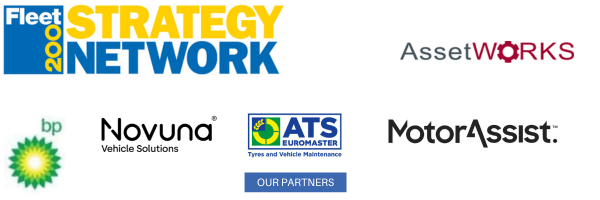Vehicle supply issues, charger incompatibility and a Treasury that's out of touch with business needs were issues aired by fleet decision-makers attending the September Fleet200 Strategy Network as they transition to electric.
This is a summary of their views.
Vehicle supply issues, charger incompatibility and a Treasury that's out of touch with business needs were issues aired by fleet decision-makers attending the September Fleet200 Strategy Network as they transition to electric.
This is a summary of their views.
- Recovery of revenues: how the Government fills the hole left by fuel duties and declining company car taxation revenues.
- Tax regimes are out of kilter with other mobility options: how can barriers be removed to allow innovation?
- Notice required about any impending changes: view that Treasury is isolated from discussions.
- Short term issue of getting the vehicles, although this will be resolved in the medium term
- Longer term concerns about downtime for charging – can’t be under-estimated, e.g. speed of action by local authorities and also a lack of consistency on their charging solutions. Who brings everything together? Share best practice, have a national approach so local authorities don’t all go off in different directions.
- Concerns over the 2030 deadline ending the sale of ICE-only vehicles: van delays of 9-12 months on quotes but often much longer; capacity is going to other markets.
- Also, smaller companies don’t have to meet Scope 3 targets so they don’t have the same focus on EV transition – many have no plans to switch before 2030 which is too late. Predictions that there will be a big market for used diesel on 2029 and 2030.
- Concerns that the newest vehicles don’t ‘talk’ to the older chargers: CCS standards are too loose. Vehicles aren’t backwards compatible (Chademo is fine).
- Needs a mandate to force OEMS to work with charging networks when developing new EVs. Government needs to set up a regulator: manufacturers have to meet standards on the plug connector, but not the software which is an emerging problem.
- Regulator could also address the concerns about site security.
- Fleets should be aware that is a charger isn’t working, in more than 90% of cases it just needs a restart – but people aren’t willing to call the company and wait.
- Need to business collaboration on workplace chargers: the issue is who gets priority of charger use. Most employers think about own business use and not shared usage; access issues as many are behind gates so can’t be used outside of business hours.
- Hydrogen: different types – has to be sustainable, i.e. wind/solar. Issue of getting it to where it is needed. It isn’t energy dense, so a tanker of hydrogen is much less than a tanker of diesel. It has to be produced on site.
- Hydrogen is still 15-20 years away, but mixed messages are stopping some fleets from investing in EV because they are waiting for hydrogen to come.
Login to continue reading.
This article is premium content. To view, please register for free or sign in to read it.





















Login to comment
Comments
No comments have been made yet.